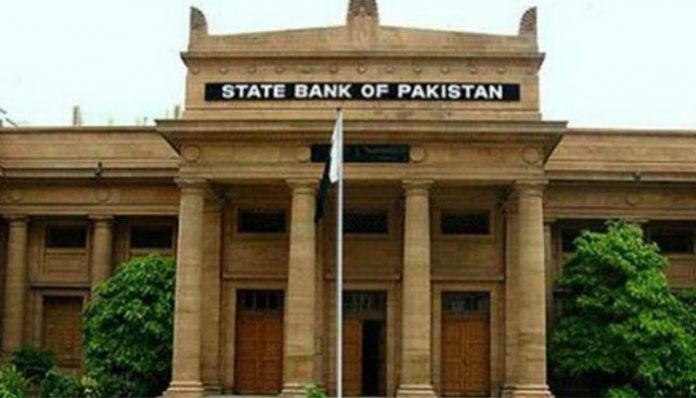The State Bank of Pakistan (SBP) on Friday issued a formal clarification, stating that cryptocurrencies are not illegal, despite growing confusion caused by simultaneous government-backed crypto initiatives and the absence of any formal legal framework.
The clarification came just after a tense National Assembly Standing Committee meeting, where lawmakers sharply questioned the government’s contradictory actions — including promoting crypto investments and supporting international blockchain events — while the SBP and Securities and Exchange Commission of Pakistan (SECP) maintain that no digital asset transactions are legally permitted.
“Virtual assets… are not declared illegal,” the SBP stated, seeking to defuse confusion over its long-standing advisory. The central bank emphasized that its 2018 guidance restricting banks from crypto dealings was a protective measure in the absence of regulation, not a declaration of criminality.
The public clarification appears to have been triggered by a perfect storm: legislative scrutiny, public misinterpretation, and an international media splash.
Earlier in the day, Finance Secretary Imdadullah Bosal told lawmakers that no law currently permits the use or trade of cryptocurrencies in Pakistan. Committee members responded with concern over what they described as policy contradictions, pointing to the government’s active involvement in crypto discussions while continuing to enforce restrictions.
The tipping point appears to have been the high-profile announcement by Pakistan Crypto Council CEO Bilal Bin Saqib, recently appointed special assistant to the prime minister on crypto and blockchain, who unveiled the country’s first government-backed Strategic Bitcoin Reserve at the Bitcoin Vegas 2025 summit.
Saqib declared that Pakistan had launched a national Bitcoin wallet for sovereign digital asset holdings — a move that signaled long-term commitment to decentralized finance. The Ministry of Finance hailed the event as a pivotal moment, promoting it as a symbol of Pakistan’s digital vision.
But the SBP, was left in an awkward position. Its past enforcement measures were being interpreted as a ban, while the government projected international confidence and progress on crypto.
During the committee session, MNA Mirza Ikhtiar Baig questioned why the public is being encouraged to invest in cryptocurrencies while they remain outside the legal system. MNA Mohammad Mobeen criticized the government’s mixed messaging — especially allocating electricity for crypto mining — while warning of risks to uninformed investors.
He also pointed to Bilal Bin Saqib’s appearance at the Bitcoin Vegas event — where U.S. Vice President J.D. Vance and members of the Trump family were in attendance — saying it further blurred the line between official endorsement and speculative hype.
MNA Shahram Tarakai warned that the unregulated rise of crypto could harm Pakistan’s foreign exchange stability — a concern echoed by the SBP in earlier statements on financial risk and systemic exposure.
In its statement, the SBP made clear that its 2018 advisory was issued solely to protect the financial system, and that the absence of regulation still prevents official dealings with crypto through licensed financial entities.
“SBP and Finance Division are currently engaged with the Pakistan Crypto Council to develop a legal and regulatory framework for virtual assets,” the bank added — indicating cooperation but also boundaries.
The move signals that the central bank is not opposing innovation, but is intent on managing the pace and legality of Pakistan’s digital finance transformation.
The clarification underscores the widening gap between political enthusiasm for crypto and the slow pace of institutional regulation. While the government pushes a forward-looking digital narrative, the SBP is attempting to ensure that Pakistan doesn’t leap into unregulated territory — especially as it seeks to maintain credibility post-FATF grey list removal.
With a crypto regulation bill pending and a working group formed, Pakistan now finds itself in a critical moment: will policy catch up to politics, or will the SBP continue issuing damage control clarifications every time the crypto agenda outpaces legal authority?




